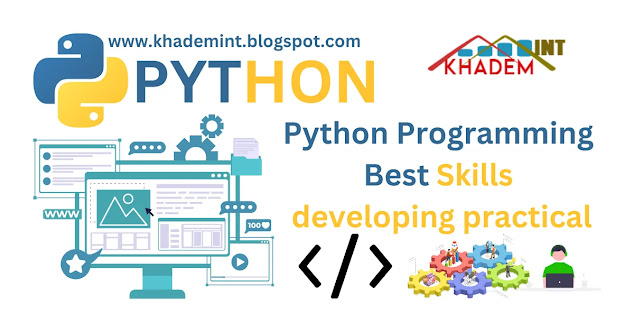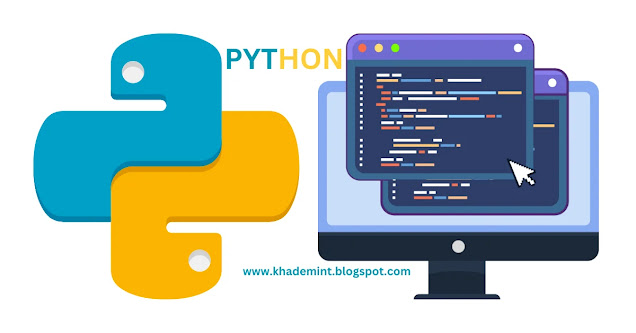Mastering Python: Python Programming Best Skills developing practical, What is Python with used for?, How to write python code?, Python Tutorial.
Mastering Python involves a combination of understanding its core principles and developing practical skills. Here are some of the best skills to focus on:
Get More Details In Python Programming
1. Core Python Programming
- Syntax and Semantics: Understand the basic syntax and language semantics.
- Data Structures: Lists, dictionaries, tuples, sets, and their operations.
- Control Flow: Mastery of if-else, loops (for, while), and comprehension syntax.
- Functions: Writing reusable and efficient functions, understanding scope, and decorators.
2. Object-Oriented Programming (OOP)
- Classes and Objects: Creating and using classes and objects.
- Inheritance: Understanding and applying inheritance.
- Polymorphism: Using polymorphism effectively.
- Encapsulation: Properly encapsulating data.
3. Standard Library Mastery
- File I/O: Reading from and writing to files.
- Datetime: Working with dates and times.
- Collections: Specialized container datatypes like namedtuple, deque, Counter, etc.
- Regular Expressions: Pattern matching and text processing.
4. Third-Party Libraries and Frameworks
- NumPy and Pandas: For numerical computations and data manipulation.
- Matplotlib and Seaborn: For data visualization.
- Requests and BeautifulSoup: For web scraping and HTTP requests.
- Flask and Django: For web development.
- TensorFlow and PyTorch: For machine learning and deep learning.
5. Debugging and Testing
- Debugging: Using debugging tools like pdb.
- Unit Testing: Writing tests using unittest, pytest.
- Continuous Integration: Understanding CI/CD pipelines and tools like Jenkins, GitHub Actions.
6. Advanced Topics
- Generators and Iterators: Efficient handling of large data sets.
- Context Managers: Using
withstatements effectively. - Concurrency: Threading, multiprocessing, and async programming.
- Decorators and Metaclasses: Writing advanced Python code.
7. Version Control and Collaboration
- Git: Mastery of version control with Git.
- GitHub/GitLab: Collaborating with others on projects.
8. Good Practices and Patterns
- PEP 8: Adhering to Python's style guide.
- Code Reviews: Giving and receiving constructive feedback.
- Design Patterns: Applying common design patterns in Python.
9. Data Science and Analysis
- Data Cleaning and Preparation: Skills for handling missing data, normalization, etc.
- Statistical Analysis: Performing statistical tests and analysis.
- Machine Learning: Building and evaluating models.
10. Automation and Scripting
- Scripting Tasks: Writing scripts to automate mundane tasks.
- Task Scheduling: Using cron jobs or task schedulers.
Mastering these skills will make you proficient in Python and prepare you for a wide range of tasks, from web development and data science to automation and software engineering.
Download Python : Click Here



.webp)
.webp)

.png)
.png)
.png)


